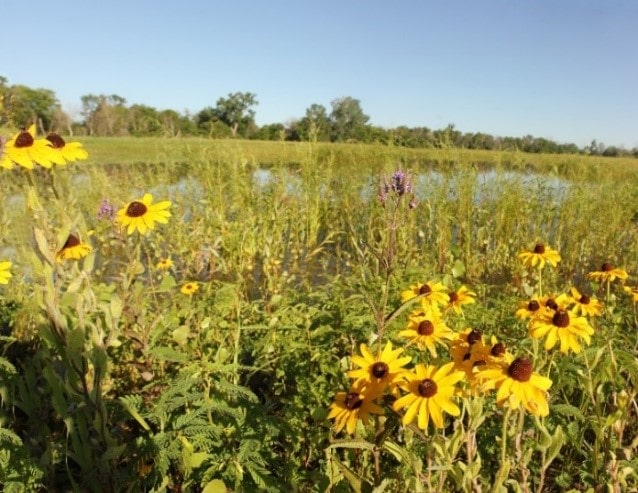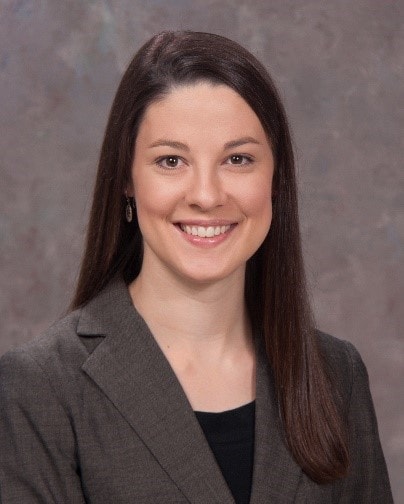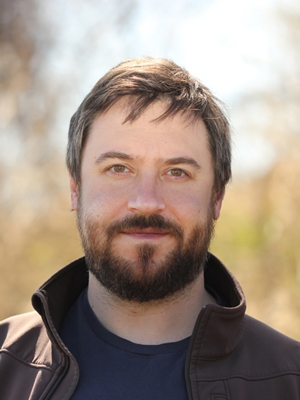Flood control projects such as levees are part of the Nation’s aging infrastructure. After repeated flood damage and repairs, repairing in-place becomes challenging, especially with the possibility of more frequent or extreme flood events. Alternate approaches, such as levee setbacks, are being considered more frequently.
As part of a recently initiated EWN research task (RT), a multi-agency kickoff workshop was conducted on June 27, 2022. The intent of the RT is to produce levee setback design guidance. The workshop brought together potential collaborators to identify levee setback opportunities and constraints, data sets, data gaps, and metrics for meaningfully quantifying ecosystem services that can result from levee setback projects. It featured subject matter experts who are actively conducting research and identifying ways to advance levee setback projects in the US mid-west region.
The multiagency partner group came together to consider and identify opportunities for using EWN principles to support the resilience of the flood risk management, navigation, and ecosystem restoration missions associated with levee setbacks. The workshop was conducted and facilitated by the USACE’s EWN staff. Workshop participants included a group of USACE and ERDC personnel, resource managers, scientists, engineers, and stakeholders.
The goal of the workshop was to gather potential USACE collaborators to identify how further research can help promote the increased use of levee setbacks to achieve USACE mission objectives. A pre-workshop questionnaire was completed by participants, allowing for a streamlined, efficient workshop. Workshop participants also took time to identify and align complimentary research and monitoring programs that can be synergized so that all partners can synchronize and leverage each other’s efforts.
Outcomes And Research Approaches
- Using existing modeling, and ecosystem and water quality monitoring data as the foundation to focus EWN levee setback research efforts
- Developing a suite of cost-effective metrics that can best quantify the multiple benefits associated with levee setback projects
- Utilizing existing levee setback projects on the Missouri River as test beds for comparing pre- versus post-levee setback benefits, both “dry” and “wet” years
- Identifying data and information that can be used broadly to develop general guidelines for levee setback projects while acknowledging and identifying what makes each levee setback project unique
- Identifying synergies amongst stakeholders and collaborators to develop a path forward for collecting additional data and information that can be leveraged across parties




